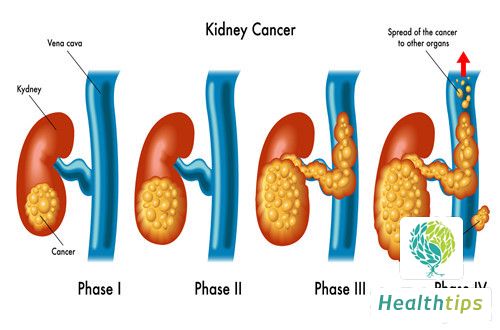The harm of adrenal thickening includes Cushing's syndrome, aldosterone hypersecretion, feminization in women or precocious puberty in men, and pheochromocytoma. If adrenal thickening does not cause abnormal hormone secretion, it will not harm the body. Therefore, it is necessary to understand the abnormal hormones secreted to determine the harm caused to the body.
 1. If glucocorticoid is the main component, patients may experience hypertension, concentric obesity, moon face, buffalo hump, and hypertension and hypokalemia when mineralocorticoid is the main component.
2. If gonadotropic hormone is the main component, it can secrete some androgen and estrogen. If medullary hyperplasia is the main manifestation, patients may experience symptoms of pheochromocytoma such as paroxysmal hypertension.
3. If it is cystic hyperplasia, there is no change in hormone levels. Therefore, when adrenal thickening occurs, a detailed examination should be performed at the hospital to determine whether it is a cystic lesion or a change in hormone levels.
4. If the adrenal gland is simply thickened without abnormal secretion of the above-mentioned hormones, it is harmless unless it is severely thickened and produces local compression symptoms. Adrenal thickening does not necessarily indicate adrenal tumor, and it may require re-examination after three months to half a year. At the same time, blood pressure should also be monitored to check for hypertension.
1. If glucocorticoid is the main component, patients may experience hypertension, concentric obesity, moon face, buffalo hump, and hypertension and hypokalemia when mineralocorticoid is the main component.
2. If gonadotropic hormone is the main component, it can secrete some androgen and estrogen. If medullary hyperplasia is the main manifestation, patients may experience symptoms of pheochromocytoma such as paroxysmal hypertension.
3. If it is cystic hyperplasia, there is no change in hormone levels. Therefore, when adrenal thickening occurs, a detailed examination should be performed at the hospital to determine whether it is a cystic lesion or a change in hormone levels.
4. If the adrenal gland is simply thickened without abnormal secretion of the above-mentioned hormones, it is harmless unless it is severely thickened and produces local compression symptoms. Adrenal thickening does not necessarily indicate adrenal tumor, and it may require re-examination after three months to half a year. At the same time, blood pressure should also be monitored to check for hypertension.




















